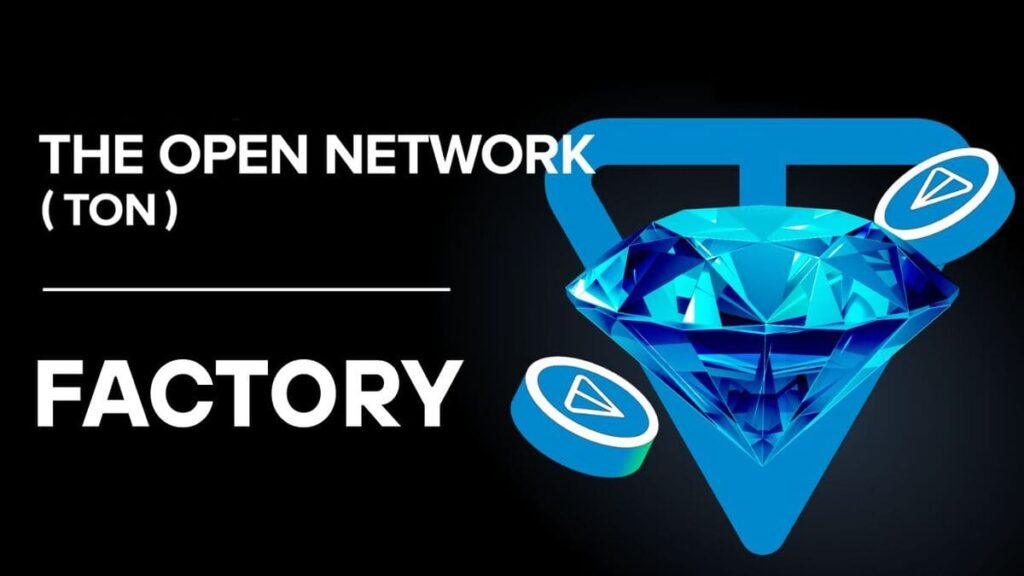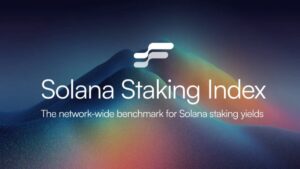TL;DR
- Broxus leads the launch of Factory, a modular platform capable of processing up to 35,000 transactions per second.
- The Open Network’s blockchain secured over $400 million in investments, supporting its expansion into decentralized applications and financial services.
TON (The Open Network) continues advancing blockchain technology integration within its ecosystem with the launch of TON Factory, a platform designed to boost the development of decentralized applications and games on the TON blockchain.
Broxus, one of the most active developers in the ecosystem, is in charge of promoting this initiative with an infrastructure built to improve performance and simplify the work of teams building solutions on The Open Network.
TON Factory provides modular tools, integration options, and specialized technical support for projects aiming to scale efficiently. The platform’s architecture runs on the Tycho protocol, a proprietary technology by Broxus that combines the TON Virtual Machine (TVM) with a consensus mechanism based on directed acyclic graphs. This setup enables processing of up to 35,000 transactions per second, a figure that far exceeds current standards in general-purpose blockchains.
TON Connect Gains Full Exclusivity for Wallet Integrations
The launch follows Telegram’s decision to establish TON as the only authorized blockchain infrastructure for its crypto-featured mini applications. Since February this year, any project operating within the Telegram ecosystem and using blockchain functionalities must migrate to TON. Additionally, ‘Connect’ became the exclusive protocol for wallet integrations in applications, with the sole exception of cross-chain bridges.
This exclusive environment aims to offer Telegram users a consistent experience and reduce risks associated with infrastructure fragmentation. Broxus, with a track record of developing tools like FlatQube, Octus Bridge, and Ever Wallet, will serve as one of the main solution providers for this new ecosystem.
TON’s popularity has steadily increased in recent months. In March, the foundation responsible for the blockchain confirmed over $400 million in investments from funds such as Sequoia Capital, Benchmark, Draper Associates, and CoinFund, among others. The financial backing has accompanied the network’s transition from its messaging-related origins to a blockchain platform capable of supporting high-performance applications and decentralized financial services.













